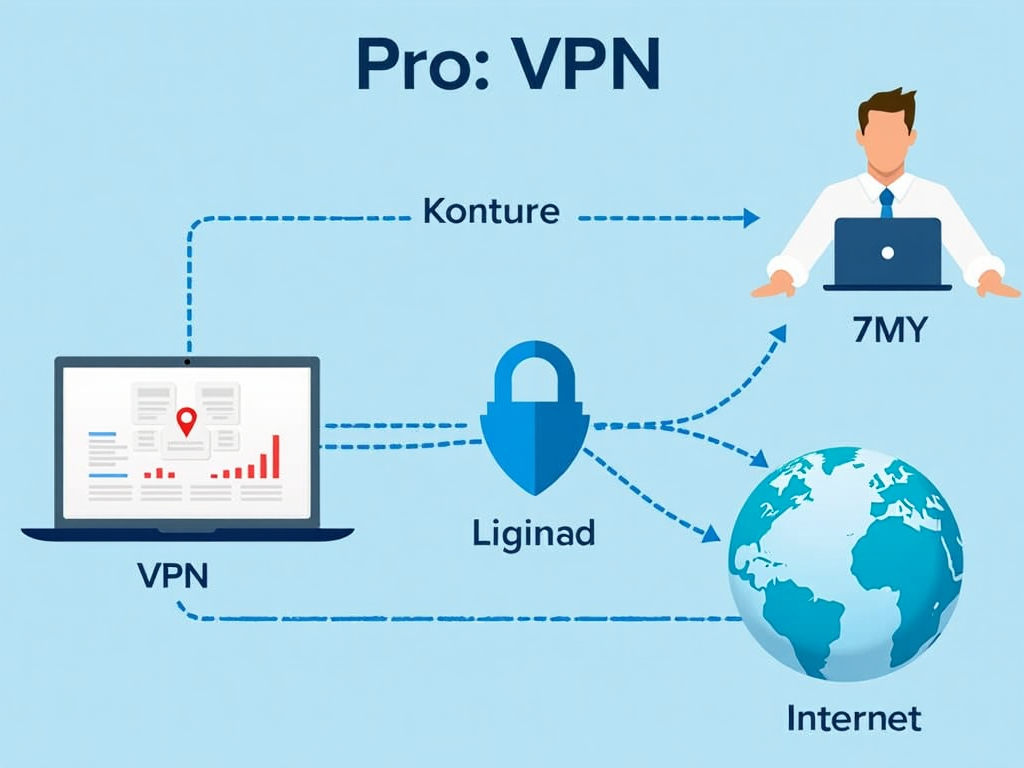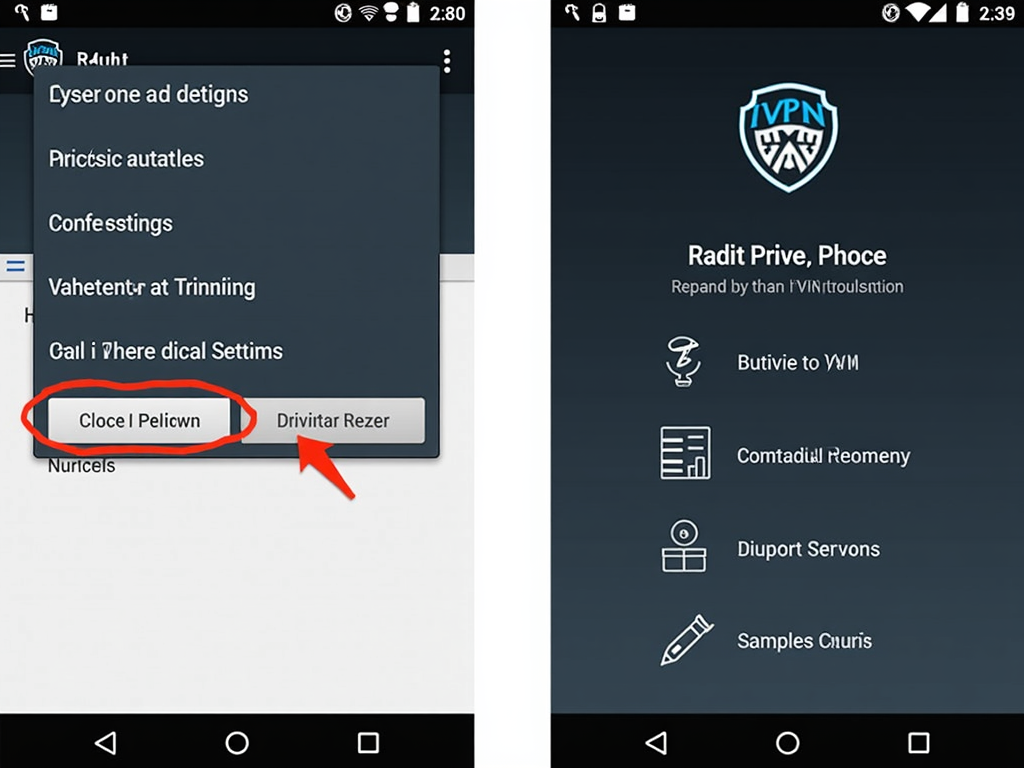Understanding VPNs: A Beginner's Guide to Online Privacy
In today's digital age, online privacy is more important than ever. With the increasing amount of personal data being shared online, it's crucial to understand how to protect your information. One of the most effective tools for ensuring online privacy is a Virtual Private Network (VPN). This article will guide you through the basics of VPNs, explaining what they are, how they work, and why they're essential for protecting your online privacy.
What is a VPN?
A VPN, or Virtual Private Network, is a service that creates a secure, encrypted connection between your device and the internet. This connection masks your IP address, making it difficult for third parties to track your online activities. VPNs are commonly used to protect sensitive data, such as passwords and financial information, when using public Wi-Fi networks.

Benefits of Using a VPN
One of the main benefits of using a VPN is the enhanced security it provides. By encrypting your internet connection, a VPN protects your data from hackers and other malicious actors. Additionally, VPNs can help you maintain your privacy by hiding your IP address and location from websites and advertisers. This can prevent targeted ads and reduce the risk of data breaches.
I remember the first time I used a VPN. I was traveling abroad and wanted to access my favorite streaming service, which was blocked in that country. By connecting to a VPN server in my home country, I was able to bypass the geo-restrictions and enjoy my shows. It was a game-changer for me, and I've been using VPNs ever since.
How to Configure IVPN on Android for Maximum Privacy
If you're an Android user looking to maximize your online privacy, IVPN is a great choice. Here's how to configure it for optimal privacy:
- Download and install the IVPN app from the Google Play Store.
- Open the app and create an account or log in if you already have one.
- Go to the settings menu and select 'Privacy.'
- Enable the 'Kill Switch' feature to ensure your internet connection is cut off if the VPN drops.
- Choose a server location that is closest to you for faster speeds.
- Connect to the VPN and start browsing securely.

Choosing the Right VPN
When choosing a VPN, it's important to look for one that has a strict no-logs policy. This means the VPN provider does not keep any records of your online activities, ensuring your privacy is protected. Additionally, look for VPNs that use strong encryption protocols, such as AES-256, to secure your data. A large server network is also beneficial, as it allows you to connect to servers in different locations and access geo-restricted content.
Common Misconceptions About VPNs
One common misconception about VPNs is that they make you completely anonymous online. While VPNs do provide a high level of privacy, they are not foolproof. It's still possible for your internet service provider or the VPN provider itself to track your activities if they choose to do so. Therefore, it's important to choose a reputable VPN provider that has a proven track record of protecting user privacy.
VPN Comparison Table
| VPN Provider | No-Logs Policy | Encryption | Server Network |
|---|---|---|---|
| IVPN | Yes | AES-256 | 50+ countries |
| ExpressVPN | Yes | AES-256 | 90+ countries |
| NordVPN | Yes | AES-256 | 60+ countries |
In conclusion, VPNs are an essential tool for protecting your online privacy. By encrypting your internet connection and masking your IP address, VPNs help keep your personal data secure from hackers and other third parties. Whether you're using public Wi-Fi or just want to maintain your privacy, a VPN is a must-have. Remember to choose a reputable VPN provider and configure it properly for maximum privacy.